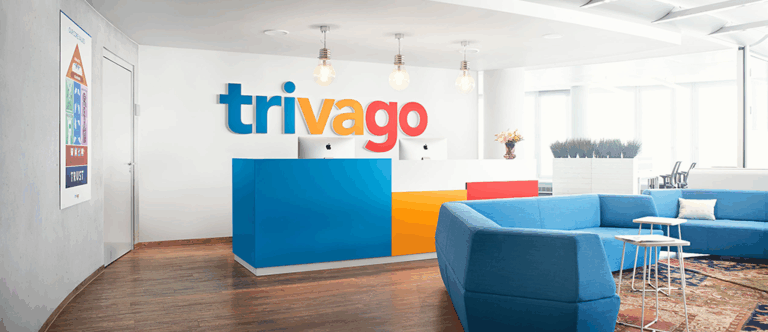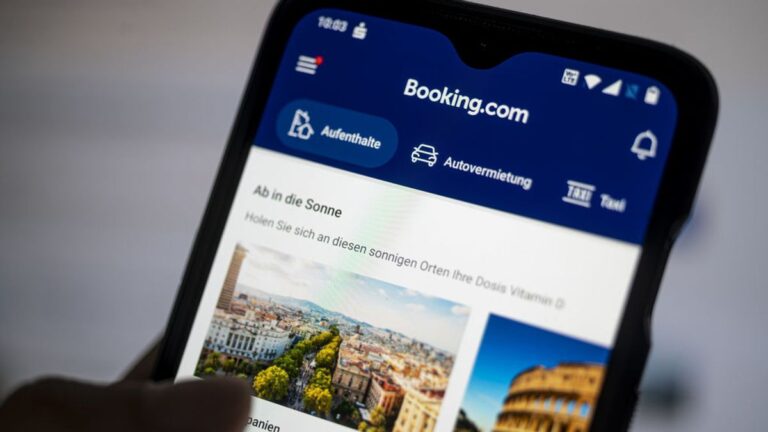Hotel Corporate Accounts: A Complete Guide for Business Travel Solutions
Hotel corporate accounts have become an essential part of business travel programs for companies of all sizes. As business trips resume and corporate mobility increases, companies are looking for structured, efficient, and cost-effective ways to manage hotel bookings for employees. This is where corporate accounts offered by hotel chains and platforms come into play.
A hotel corporate account allows businesses to negotiate special rates, receive priority services, access loyalty perks, and manage employee bookings more efficiently. Beyond cost savings, they help streamline approval processes, consolidate invoices, and ensure compliance with travel policies.
Whether you run a startup with frequent regional travel or a multinational with global hotel needs, understanding how corporate hotel accounts function—and how to use them—can lead to significant operational benefits.
Understanding Hotel Corporate Accounts
A hotel corporate account is a business arrangement between a company and a hotel or hotel group. It offers discounted rates, priority bookings, and centralized management for employee stays. These accounts are especially beneficial for companies with frequent travelers, allowing better control over costs and access to loyalty benefits.
Companies typically apply for corporate accounts directly through hotel brands or third-party travel management providers. Once approved, employees can book stays using a unique corporate code or login portal. Hotel systems recognize the account and automatically apply negotiated terms and conditions.
Corporate accounts may vary in complexity, from simple discounted rate access to fully integrated booking systems with reporting dashboards, expense tracking, and loyalty programs for both the employee and the employer.
Core Features of Hotel Corporate Accounts
A hotel corporate account typically includes a wide range of features designed to improve business travel management. While specific offerings differ among hotel groups, core functionalities usually include:
-
Negotiated Rates: Lower room rates tailored to business needs, often based on anticipated booking volumes.
-
Centralized Billing: One invoice for multiple bookings to simplify expense management.
-
Online Management Portals: Dashboards for admins or travel managers to book, track, and manage reservations.
-
Flexible Cancellation Policies: Special terms allowing last-minute changes, especially important for unpredictable business travel.
-
Loyalty Integration: Employees can earn individual points while contributing to company-level benefits or statuses.
-
Data Reporting Tools: Real-time tracking of travel spend, frequency, and employee compliance.
These features help companies make smarter travel decisions, monitor budgets, and ensure that employees ‘ stays are aligned with corporate policies.
Benefits of Using Hotel Corporate Accounts
One of the most compelling benefits of corporate hotel accounts is cost efficiency. Companies can unlock preferred rates, especially when committing to specific properties or hotel chains throughout the year. These negotiated deals lead to direct savings and often include added value services like free breakfast, Wi-Fi, or late check-out.
Another major advantage is booking control and visibility. With centralized management platforms, travel administrators can oversee employee stays, adjust bookings in real-time, and generate expense reports—all from a single dashboard. This ensures policy compliance and minimizes travel disruptions.
In addition, employee satisfaction improves when hotels offer loyalty points, better rooms, or premium service. This enhances the business travel experience and can encourage traveler compliance with corporate booking systems rather than using external OTAs or personal methods.
Marriott Bonvoy Business Solutions

Marriott offers a dedicated business program that integrates with its Marriott Bonvoy loyalty system. Through the Marriott Bonvoy Business portal, companies can register for corporate rates and access a network of over 8,000 hotels worldwide.
What makes this platform effective is its blending of convenience and branding. Employees book via a dedicated link or the Bonvoy app, and travel managers get access to custom dashboards. Data reporting tools help teams analyze trends, spend, and compliance.
This use case shows how a globally recognized brand leverages its scale to support both SMEs and large enterprises with flexible yet powerful travel solutions.
Hilton for Business
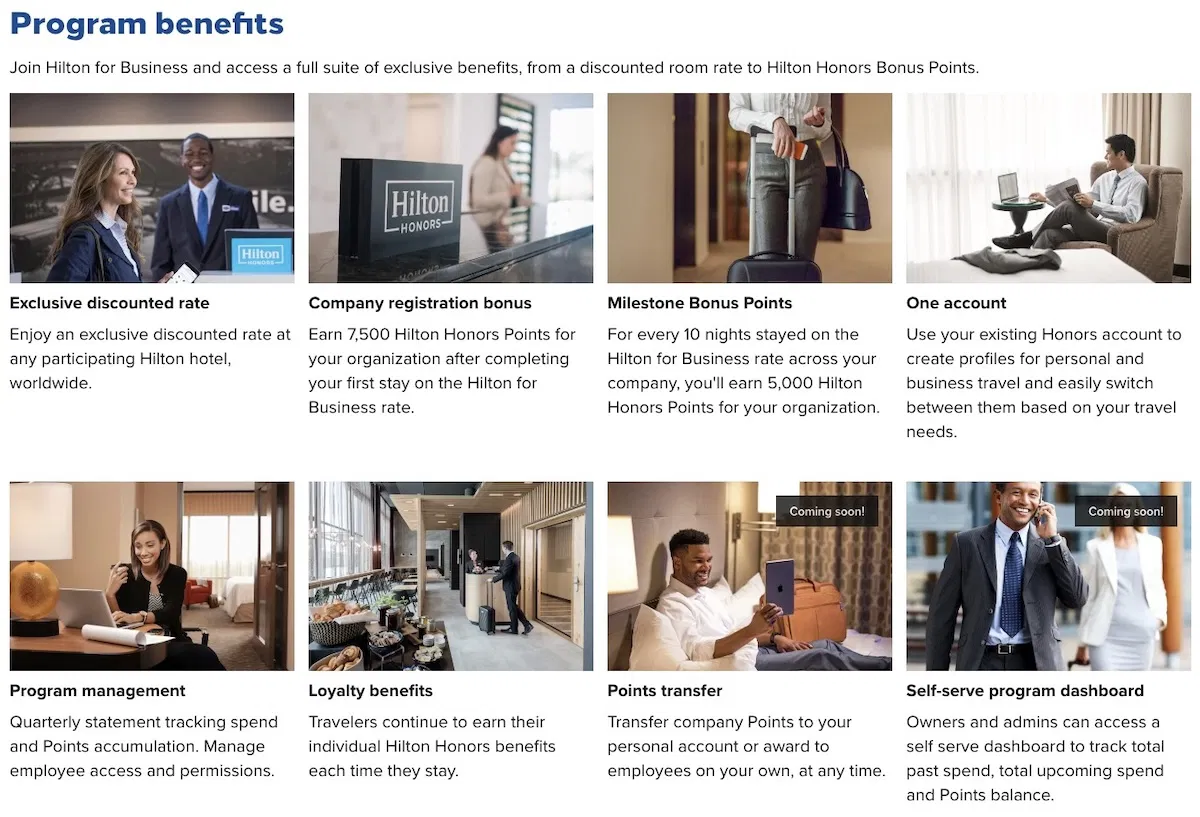
Hilton for Business is tailored for small and mid-sized companies. The platform provides automatic discounts of up to 10% and allows booking at thousands of properties across Hilton’s family of brands.
One standout feature is the ease of account setup. Unlike traditional corporate programs that require contract negotiation, Hilton for Business allows companies to join without lengthy approvals. Bookings can be made directly by employees using their corporate credentials, while travel managers retain visibility through centralized tracking.
This model suits growing startups or remote-first teams that need agile booking processes without sacrificing quality or oversight.
IHG Business Edge
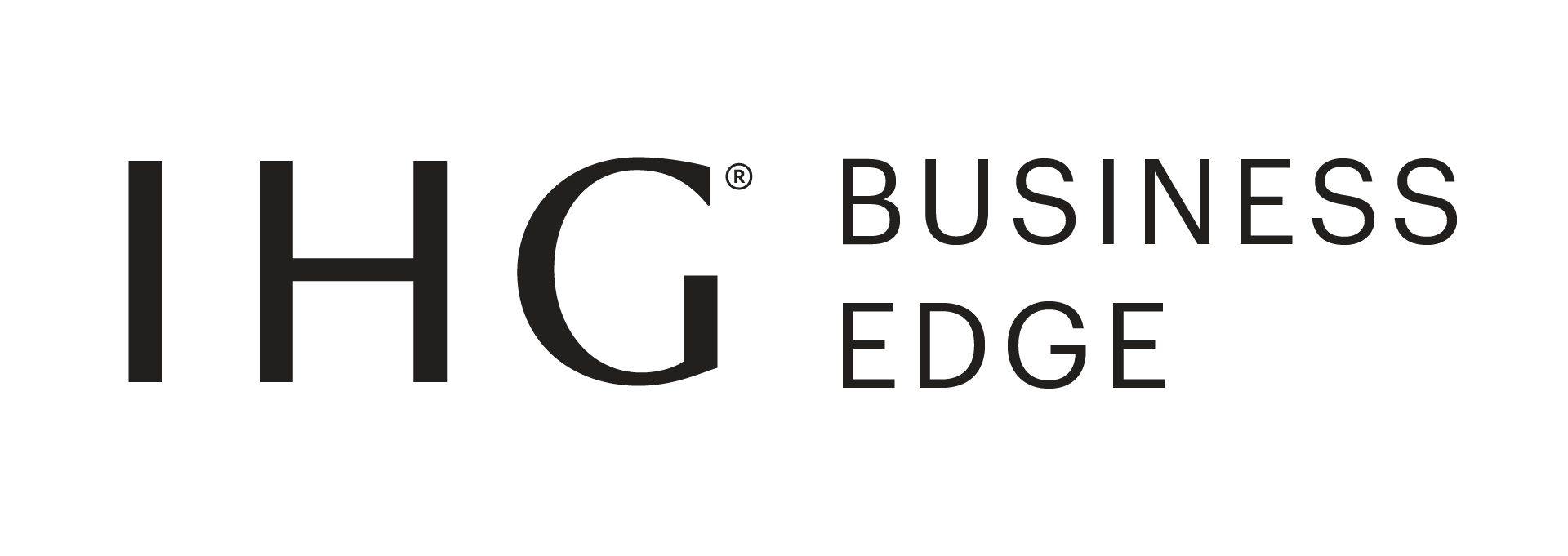
IHG (InterContinental Hotels Group) introduced Business Edge specifically for small and medium enterprises (SMEs). The program grants discounted rates, access to hotel analytics, and loyalty benefits through IHG One Rewards.
IHG Business Edge stands out for its travel insights dashboard. This tool provides real-time reporting on company bookings, total spend, and destination trends. It empowers businesses to optimize their travel strategy and identify high-volume locations for deeper negotiations.
This case illustrates the analytical power hotel corporate accounts offer beyond just savings, making them valuable for forecasting and decision-making.
Accor Business Plus
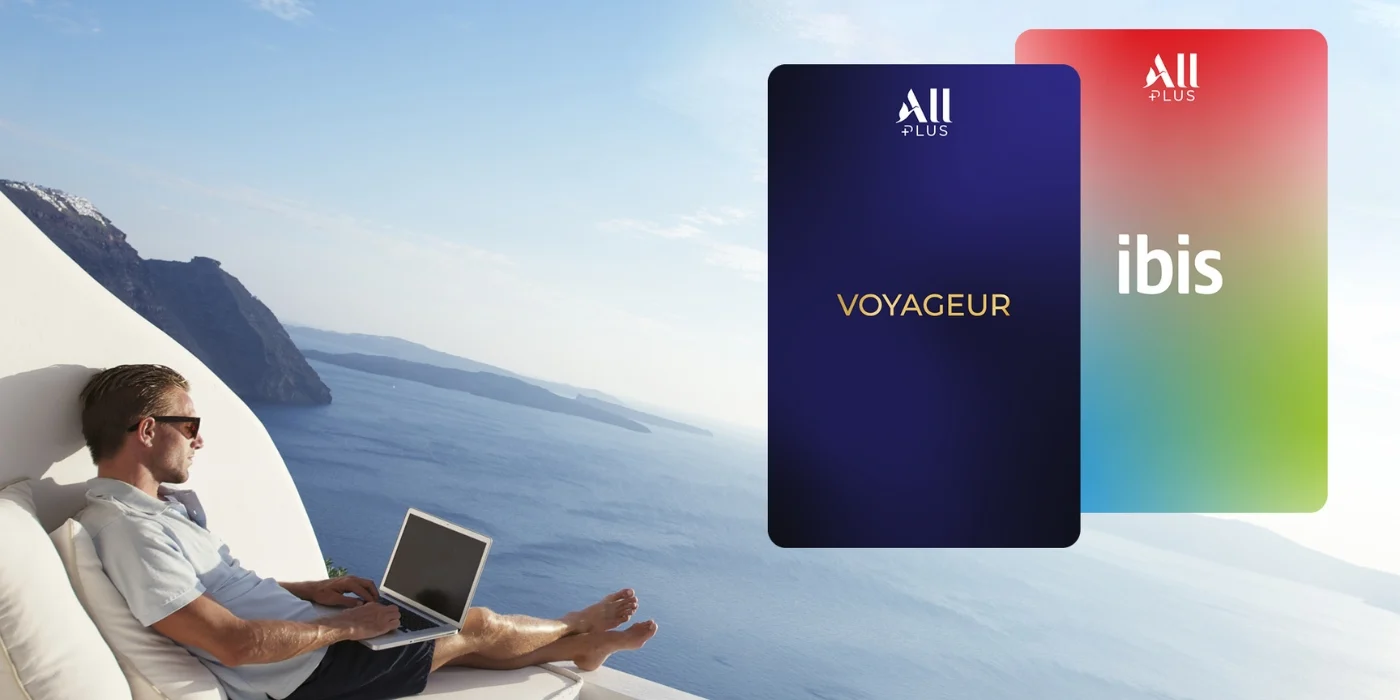
Accor Business Plus offers an annual membership program with benefits including up to 20% discount, room upgrades, and late check-outs. Unlike traditional contracts, this program operates on a subscription basis.
It’s particularly useful for consultants, freelancers, and small teams that need global hotel access without a dedicated travel department. The membership model simplifies access to benefits while enabling members to enjoy elite status perks typically reserved for frequent travelers.
This use case highlights how even solo business travelers can benefit from the structure and efficiency of corporate-level arrangements.
Travel Management Platforms (Egencia, SAP Concur)
Insert image of the product: Egencia or SAP Concur corporate travel dashboard.
Beyond hotel groups, third-party platforms like Egencia and SAP Concur integrate with multiple hotel chains to provide customizable travel solutions. These tools go beyond hotel booking, offering end-to-end travel management, including flights, ground transport, and expense reconciliation.
These platforms are ideal for larger organizations managing high travel volumes or needing multi-layered approval flows. Integration with HR and accounting software ensures full lifecycle travel control.
The real value lies in workflow automation, reducing human error, and giving finance departments full visibility into travel costs.
Common Use Cases for Hotel Corporate Accounts
Corporate hotel accounts serve multiple real-world needs that arise in business travel:
-
Cost Control: By setting negotiated rates and limiting which hotel employees can book, companies reduce rogue spending and avoid inflated last-minute rates.
-
Policy Compliance: Employees are more likely to follow booking guidelines when there’s a central portal with approved hotel options.
-
Centralized Billing: Rather than reimbursing employees individually, businesses receive consolidated invoices, saving time and improving expense reporting accuracy.
-
Duty of Care: Knowing where employees are staying during trips enhances corporate risk management, especially during emergencies or health crises.
-
Data-Driven Planning: With detailed analytics, companies can identify top travel destinations, frequently visited hotels, and seasonal patterns to improve negotiations and budgeting.
Whether you’re a lean startup or a Fortune 500 firm, a well-managed hotel corporate account provides the control, efficiency, and flexibility needed to make travel work for your business.
Frequently Asked Questions (FAQ)
- What is a hotel corporate account, and how does it work?
A hotel corporate account is a partnership between a business and a hotel or chain that provides negotiated rates, flexible terms, and centralized booking tools. Employees use a unique code or portal to book stays under the company’s account, enabling discounts and streamlined billing. - Who should use hotel corporate accounts?
Companies of all sizes can benefit from hotel corporate accounts. They are especially useful for businesses with frequent travel needs, remote teams, or consultants looking to reduce costs and improve booking consistency. Even freelancers can benefit through programs like Accor Business Plus or IHG Business Edge. - Are there any costs associated with setting up a corporate hotel account?
Many hotel corporate accounts are free to set up, especially those tailored to SMEs. Some premium programs like Accor Business Plus charge an annual membership fee but offer enhanced perks. Always check the specific terms of each program based on your business size and travel frequency.




